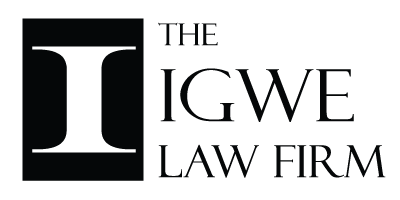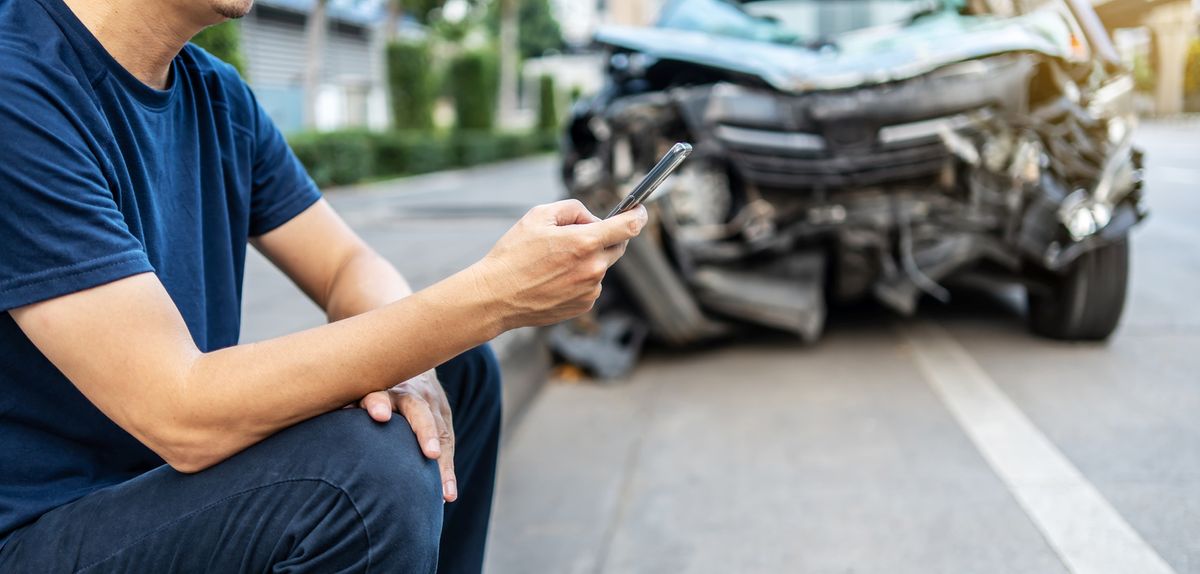Motor vehicle accidents are the most common type of accident in America. According to Forbes, around 5,250,873 vehicle collisions occur annually, and about 5 million of them result in injuries and property damage.
- If you've been in a motor vehicle accident that caused bodily harm or property damage, it's well within your right to file a compensation claim. However, the claim filing process can be long, tedious, and full of foreign legal terms you've never heard of.
To help you navigate the motor vehicle accident claim filing process better, here are eleven most common terms that you may come across and their meaning.
Common Terms Used in Motor Vehicle Accident Cases
These are the terms associated with the claim filing process. Some are insurance-related and others are legal terms:
1st Party and 3rd Party
First party and third party are two common insurance terms used in the claim process to refer to various parties involved in the accident. Typically, "first party" refers to the vehicle owner who pays car insurance policy premiums and is entitled to make a claim or receive insurance benefits from their insurance provider for the said vehicle.
On the other hand, a third party can be anyone, including pedestrians and motorists affected by the first party's actions while driving their insured car. This group is often entitled to compensation from the first party's insurance provider, also referred to as the second party in a policy structure.
Adjuster
An insurance claim adjuster is the individual assigned by an insurance provider to investigate the details of a motor vehicle accident claim. Their work is to determine the viability of a claim by examining information about the accident, including the claim itself, property damages, and parties involved. Once an adjuster is satisfied the case is worth compensation, they will award a baseline amount for compensation to the victim based on damages.
Statute of Limitations and Its Importance
The statute of limitations is a law that sets a time limit for filing different legal claims. Once the statute of limitation for motor vehicle accident claims expires, vehicle accident victims can never legally file for compensation again. Currently, each state has its own statute of limitations for motor vehicle accidents, with some allocating substantially more time to victims than others.
Liability
- Liability refers to the extent of damage that a first party, such as the vehicle owner, or third parties, like employers and part manufacturers, are responsible for in an accident. All liable parties in an accident are legally required to compensate their victims for various losses, including bodily injuries, property damage to physical items, and emotional pain and suffering as per settlement or court verdict.
Burden of Proof
The burden of proof refers to the responsibility a claimant holds to provide evidence showing a defendant's negligent actions. In motor vehicle accidents, it begins by first establishing the defendant owed a duty of care. Then, the plaintiff must prove the defendant breached that duty by their actions, leading to the accident and injuries or damage.
Once the burden of proof is satisfied, the plaintiff may receive compensation based on their state's negligence doctrines. These may include:
- Pure comparative negligence: plaintiffs recover compensation based on their degree of fault.
- Modified comparative negligence: plaintiffs receive compensation based on their degree of fault but could receive nothing if they are at 50% or 51% at fault.
- Contributory negligence: plaintiffs receive no compensation if they are determined to be even 1% at fault.
Full-Tort and Limited Tort
Full tort and limited tort are two different types of auto insurance coverage offered by vehicle insurance providers. Limited tort policyholders forfeit their ability to recover compensation for emotional issues such as pain and suffering after a car accident. On the other hand, full-tort car insurance policyholders retain their right to file a claim and recover compensation for all damages caused by an accident.
Uninsured Motorist Claim
An uninsured motorist (UM) claim is a claim made by a vehicle accident victim to their insurance provider, seeking insurance coverage for damages. This often happens when the liable party doesn't have auto insurance coverage or it was a hit-and-run.
The types of damage covered by an uninsured motorist policy include uninsured motorist bodily injury (UMBI) and uninsured motorist property damage (UMPD).
Underinsured Motorist Claim
An underinsured motorist claim (UIM) is a claim made by the victim of an accident to an insurer requesting coverage for costs of damages caused above what a policy limit can cover. Most times, such a claim is made when the party liable for a motor vehicle accident has a lower auto policy limit than the total cost of damages.
Policy Limits
A policy limit refers to the maximum amount an auto insurance provider can pay toward damages in the event of an accident. All expenses above a policy limit are incurred by the policy holder. In many states, drivers are legally required to carry a minimum auto policy limit, but others allow higher policies based on the insurance premiums paid.
Demand
A demand is a legal letter sent by an attorney to an insurance provider demanding compensation for damages caused by an accident. Specifically, it details the money the victim is willing to accept in return for dropping the case. If the insurance provider agrees with the letter, the settlement negotiation process begins.
Settlement
A settlement is a situation where all parties reach an amicable out-of-court agreement. The process begins after the insurance provider accepts and responds to the demand letter. From there, a settlement negotiation meeting is set up to discuss the terms of the settlement, and if all parties agree, a settlement is reached. If parties don't agree, the case is put through litigation.
Motor Vehicle Accident Lawyers Available to Help You
The events following a motor vehicle accident can be tedious and confusing, especially if you sustain severe injuries. It's never a good idea to go through the claim filing process alone since insurance providers may dismiss your claim or low-ball offer you. Contact us today for a free case evaluation in PA, NJ, DE, MD, D.C. and NY.

